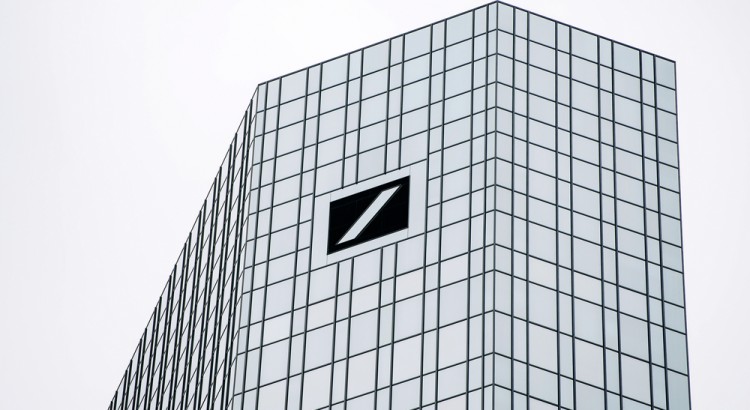The Financial Industry Regulatory Authority fined Deutsche Bank $3.25 million for failing to disclose every feature of its dark pool system to all clients, potentially benefitting certain clients, including high-frequency traders, who may have had more information than others.
A dark pool is a term for an alternate, private exchange for trading securities. Unlike a stock exchange, dark pools are not for the investing public. In fact, they are named for their general lack of transparency. In this case, Deutsche Bank agreed to pay the fine after allegations that it failed to provide the same information regarding its alternative trading system to all its clients. The Deutsche Bank Dark Pool is named SuperX.
Deutsche Bank also agreed to pay $37 million to the SEC and the New York Attorney General in a separate matter regarding false statements made to investors about how its automated order router ranked different off-exchange trading platforms, ultimately directing preferential information to SuperX, the Deutsche Bank dark pool.
Many dark pool critics contend that these alternative venues are not as safe or anonymous as they claim to be. In fact, when the Deutsche Bank dark pool was created in 2009, the bank promised all of its users would have the same access to the pool’s features across the board. Instead, the bank’s filings with the SEC failed to disclose all of the available features to users.
After a more comprehensive list of features was eventually published in February 2015 on the company’s website, there was a significant increase in the number of clients seeking to interact with different groups when trading on the dark pool, leading FINRA to conclude that not all of the dark pool users were aware of the groups prior to the disclosure.
Deutsche Bank also resolved claims that it failed to disclose significant problems with its “Dark Pool Ranking Model,” which ranked dark pools and routed client orders by measuring execution quality and liquidity available at certain trading venues. Instead of fixing the problem, the bank used old rankings to route customer orders and overrode the system to move the Deutsche Bank dark pool to the top of the list without informing investors.
Barclays and Credit Suisse AG have already settled their own dark pool investigations, agreeing to pay a combined $154 million in penalties earlier this year.
Call a Los Angeles Securities Fraud Attorney Today
Dark pools can be quite complicated and are meant for sophisticated investors. If you invested with the Deutsche Bank Dark Pool SpaceX or a similar dark pool, you may have certain legal rights that require your immediate attention.
Contact an experienced Los Angeles securities fraud attorney today for a consultation to discuss your rights and options.
